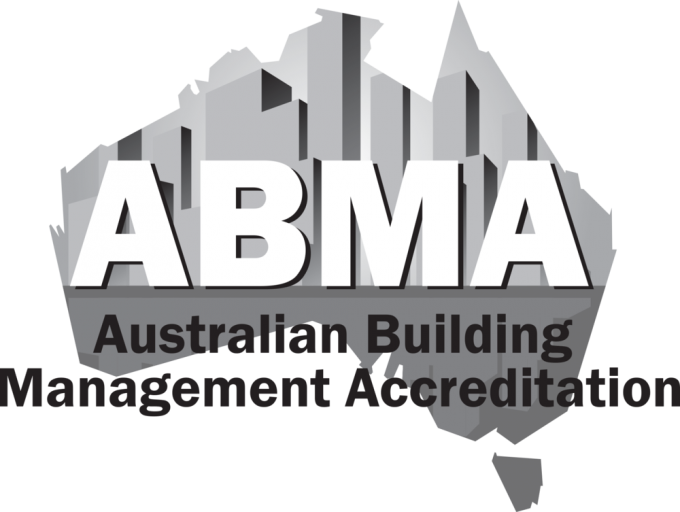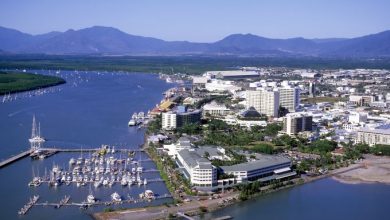
Accommodation mark-up
When we hear the term ‘mark-up’ we think of the amount added to a product on top of the cost to make a profit.
In the case of motels or accommodation businesses, the product is the unit being rented. The cost to rent that unit needs to be calculated to be able to determine a suitable mark-up to achieve a profit. That point at which a profit or loss will be made if that room is rented must be known. It is easy to think of a product as an item on the shelf at the supermarket but less obvious to look at a motel unit as a product.
The addition of a mark-up to make a profit and still be competitive determines the price that the product/service should be offered at. The product of the motel unit and associated services costs the operator to rent the unit in wages, cleaning products, laundry/linen, electricity, insurance, rates, wear and tear, etc. A combination of fixed and variable costs. If the total cost including these expenses and others are unknown, then how can the price be set to ensure the business is not losing money on the sale?
A motel owner commented recently that he could not work out why there was no money in the bank when they were selling a lot of units. He realised when he looked at their operating costs that the tariff they were selling their units at was only just covering the cost to rent them. He then sat down and went through the process of working out the breakeven point to sell each type of unit they had to offer. The bigger the unit and the more services in the room such as kitchen facilities, beds, etc., the more the cost to rent that unit.
Each different accommodation facility will have different cost bases. The reasons why can be due to several factors that affect this figure – property features, operation and utilities.
Property features
- Size of units – the square-metre area that the unit occupies. A standard studio unit costs less to occupy than a two-bedroom unit.
- Self-contained – cleaning costs alone to rent a self-contained unit can be substantially higher.
- Age of property – may determine how much upkeep is required to the buildings.
- Standard of property – if a motel is in disrepair it will require more expense to maintain.
- Location – sea air may increase corrosion of buildings such as metal staircase hand rails, roofing, air conditioners, etc. Building movement in some areas may create brickwork cracking and other issues.
- Unit fit-out – what condition is the furniture and fittings in? Does the high level of humidity require tiles rather than carpet? Are blinds or block out curtains required?
- General services/facilities – a lift onsite, trees and gardens, swimming pool, spa or sauna are all services/facilities that contribute to the cost base.
Operation
- Lease/freehold – is the tenure leasehold with a rental to be paid each month, or is it freehold where higher mortgage repayments are due? Interest rates will rise and fall changing repayment amounts. Interest payments will be applicable with leasing as well; however, the level of borrowing will be generally lower than a freehold purchase.
- Type of clientele – the motel’s business could be corporate customers, tourists, families, contractors, etc.
- Laundry – is the linen cleaned onsite or offsite at a commercial laundry?
- Staff levels – are staffing levels correct or is the business over or under staffed?
- Owner/operator or under management – the cost of management wages will increase the cost to rent a motel unit. This can be a moot point as the owner should expect to pay themselves a wage for their time anyway.
- Consumables – what type of soaps, tissues, shampoos, etc., are included within the unit?
- Cleaning – are the cleaning products the most cost effective? How long are the cleaners allocated to clean each room, e.g. 20 minutes, 30 minutes, or unlimited?
- Eftpos/credit card fees – the fees charged by some credit card operators are higher than others.
- Marketing – is the motel a member of a chain? The fees paid to a motel chain form part of the cost to rent a motel room, as does the commissions for booking sites and any other marketing initiatives.
Utilities
- Property rates – coastal motels may include much higher property rates than an inland motel where the land value is not as high as a beachfront property.
- Electricity/gas – the costs of electricity have risen substantially.
- Telephone/internet – what type of phone system does the motel have? Is it reliable in its charging of customers? Is wifi installed?
- Land tax – is land tax paid by the property owner, lessee or not applicable?
- Insurance – the cost to insure properties has increased substantially.
Costs add up very quickly for any business operation. They need to be contained and at the same time be continually monitored. Knowing what the costs are leaves an operator confident that they are selling their product at a profit rather than at a loss.
Andrew Morgan is a Specialist Resort & Motel Broker & Partner at Queensland Tourism & Hospitality Brokers & he writes the monthly Motel Market column for Resort News






